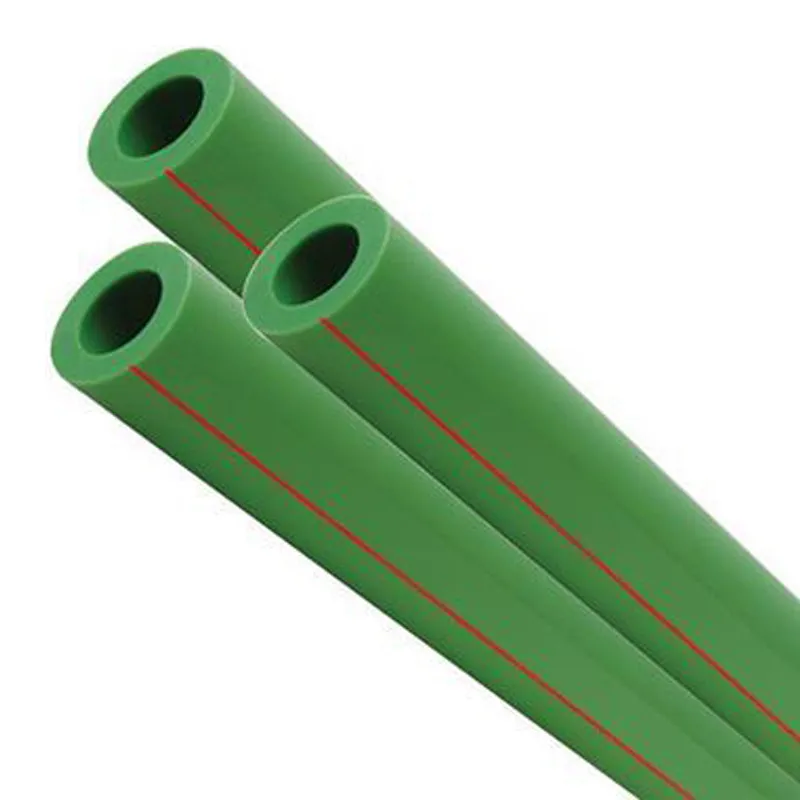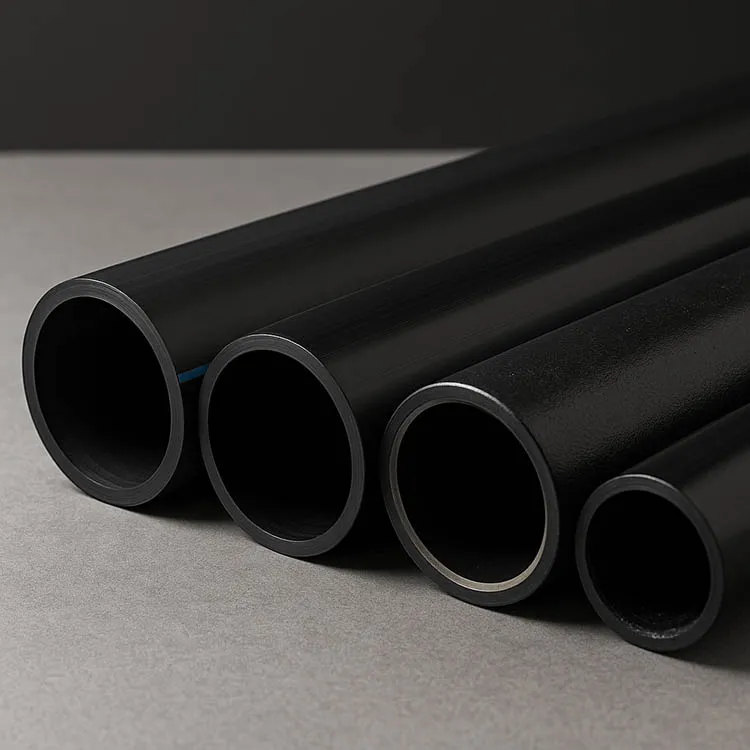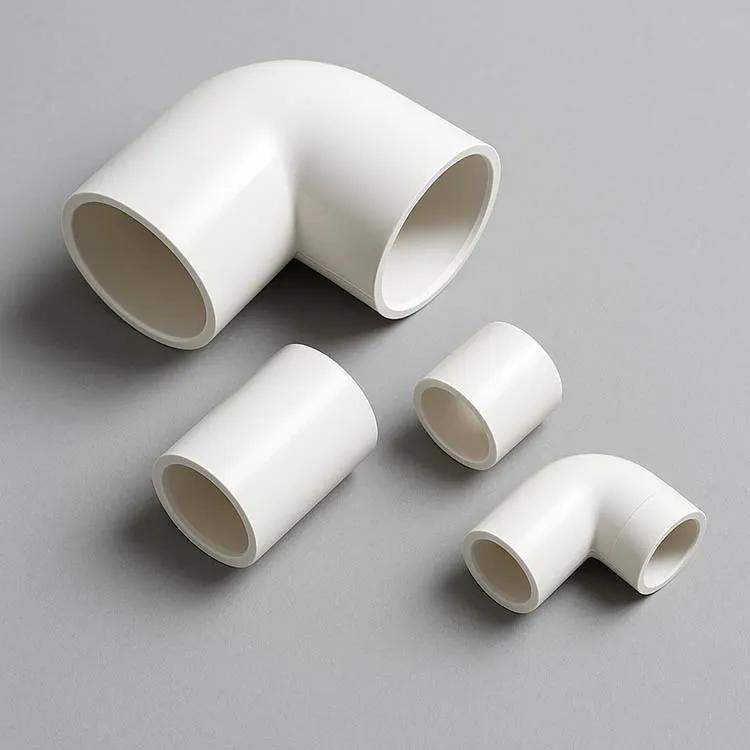HDPE (high-density polyethylene) culvert pipes are widely used in residential drainage applications due to their durability, strength and flexibility among other features. Proper drainage systems are crucial for residential properties to prevent water damage, flooding and soil erosion especially during heavy rain seasons. When it comes to driveway and road culverts, HDPE material is highly suitable due to its resilience and weight-bearing capacity. In this article, we will explore what HDPE culvert pipes are, their features, advantages, and various applications within residential drainage systems.
What are HDPE Culvert Pipes?
HDPE culvert pipes are made from high-density polyethylene material that is exceptionally durable and designed to withstand heavy structural loads. The corrugated nature of these pipes makes them very strong, and thus able to support heavy loads, making them ideal for use in civil and transportation engineering projects. HDPE culvert pipes come in a range of sizes to fit different drainage applications and are designed to be used for both underground and above-ground drainage systems. They are lightweight, easy to install, and have a long service life.
Features of HDPE Culvert Pipes
HDPE culvert pipes have several features that make them an attractive option for drainage systems. The features include:
1. Durability: HDPE culvert pipes are incredibly durable and resistant to corrosion, making them suitable for underground and above-ground drainage systems that are exposed to different weather conditions. HDPE material does not rust or corrode and is also less likely to be damaged by chemicals and other external factors.
2. Easy to install: The lightweight nature of HDPE culvert pipes makes them easy to maneuver, even in tight spaces. They require minimal equipment and manpower to install, which translates to reduced installation costs.
3. Flexibility: HDPE culvert pipes can withstand deformation and deformation from external forces, such as ground movement, without breaking. This flexibility ensures a long lifespan for the pipes.
4. Smooth Interior Walls: HDPE culvert pipes have smooth interior walls that optimize the flow of fluids and reduce hydraulic roughness, which results in lower friction losses and enhanced performance.
5. Resilience: HDPE culvert pipes are highly resilient and can withstand heavy loads, making them ideal for use in road, driveway, and railroad crossings.
Advantages of HDPE Culvert Pipes in Residential Drainage
When it comes to the installation of a drainage system in a residential area, HDPE culvert pipes provide several advantages over other types of pipes. Some of the benefits of HDPE culvert pipes include:
1. Lightweight: HDPE culvert pipes are lightweight and easy to install. They do not require heavy machinery or manpower, which reduces installation costs compared to other types of pipes.
2. Durable: HDPE culvert pipes are resistant to environmental factors, such as UV radiation, chemicals, and rust, ensuring a long service life.
3. Cost-effective: The installation and long-term maintenance costs of HDPE culvert pipes are lower compared to other materials, such as steel or concrete.
4. Versatile: HDPE culvert pipes are versatile and can be used in a variety of drainage applications, including road, rail, and driveway culverts, as well as sewer and stormwater systems.
5. Eco-friendly: HDPE culvert pipes are made from a recyclable material, reducing the carbon footprint of the project. They also offer a low-impact alternative to other types of pipes as they have minimal disturbance to the surrounding environment during installation.
Applications of HDPE Culvert Pipes in Residential Drainage
HDPE culvert pipes have a wide range of residential drainage applications, including:
1. Stormwater Management Systems: HDPE culvert pipes are used in stormwater management systems to transport water from one location to another. They are ideal for this application due to their resistance to corrosion and chemicals, as well as their high strength and stiffness.
2. Driveway and Road Culverts: HDPE culvert pipes are used as driveway and road culverts to prevent water from pooling and causing damage to the pavement. The pipes are strong enough to support the weight of vehicles and can be easily installed at a reasonable cost.
3. Retaining Walls: HDPE culvert pipes can be used to construct retaining walls that serve as a barrier against soil erosion and water runoff. They are lightweight, flexible, and easy to install, making them ideal for both small and large-scale residential projects.
4. French Drains: HDPE culvert pipes can be used to construct French drains, which are trenches filled with gravel or stone that help to redirect water away from the home. The pipes are placed at the bottom of the trench and connected to a drainage system. French drains help to prevent water from pooling in low-lying areas and reduce the risk of soil erosion.
5. Groundwater Drainage: HDPE culvert pipes can be used in groundwater drainage systems to remove excess water from the soil and prevent damage to the foundation of a structure. The pipes are perforated, allowing water to enter and be transported to a discharge point.
Conclusion
HDPE culvert pipes are a highly durable, reliable, and versatile type of pipe used for residential drainage applications. They offer several advantages over other types of pipes, including their weight, flexibility, smooth interior walls, resilience, durability, and eco-friendliness. HDPE culvert pipes are ideal for applications such as stormwater management systems, driveway and road culverts, retaining walls, French drains, and groundwater drainage systems. They are a cost-effective solution for residential drainage systems and offer long-term performance and reliability.




939.webp)


294.webp)
476.webp)
420.webp)
146.webp)
460.webp)
287.webp)
274.webp)
688.webp)


